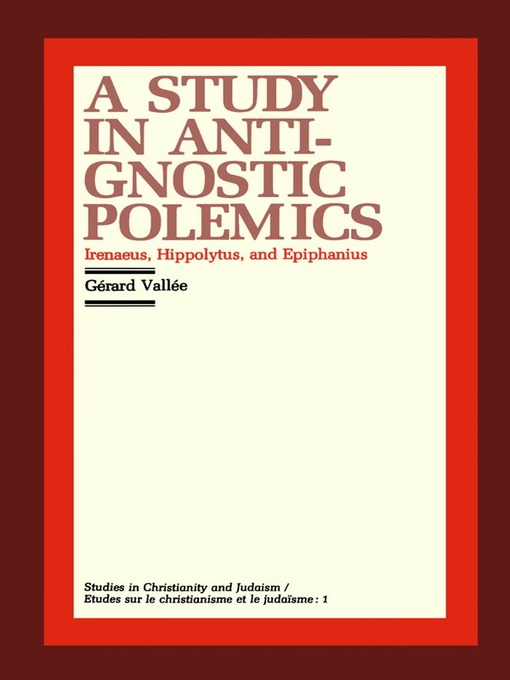- Nýjar Rafbækur
- Ástarsögur og skvísubækur
- Barnabækur fyrir miðstig
- Fantasíur
- Handverksbækur
- Hrollvekjandi rafbækur
- Myndasögur
- Sjálfshjálparbækur
- Vísindaskáldskapur
- Ævisögur og endurminningar
- Sjá öll skoða rafbækur söfn
- Nýjar Hljóðbækur
- Á meðan þú bíður...
- Ástarsögur og skvísubækur - Hljóðbækur
- Fantasíur - Hljóðbækur
- Hrollvekjandi hljóðbækur
- Sjálfshjálparbækur
- Sögur fyrir Svefninn
- Vísindaskáldsögur
- Ævisögur og endurminningar - Hljóðbækur
- Sjá öll skoða hljóðbækur söfn
- Ástir og íþróttir
- Booker-verðlaunin
- Bókmenntahátið í Reykjavík 2025
- Bækur á dönsku
- Bækur á finnsku
- Bækur á frönsku
- Bækur á norsku
- Bækur á pólsku - książki po polsku
- Bækur á spænsku
- Bækur á sænsku
- Bækur á þýsku
- Dark Academia
- Dublin bókmenntaverðlaunin
- Sjá öll skoða allt söfn
